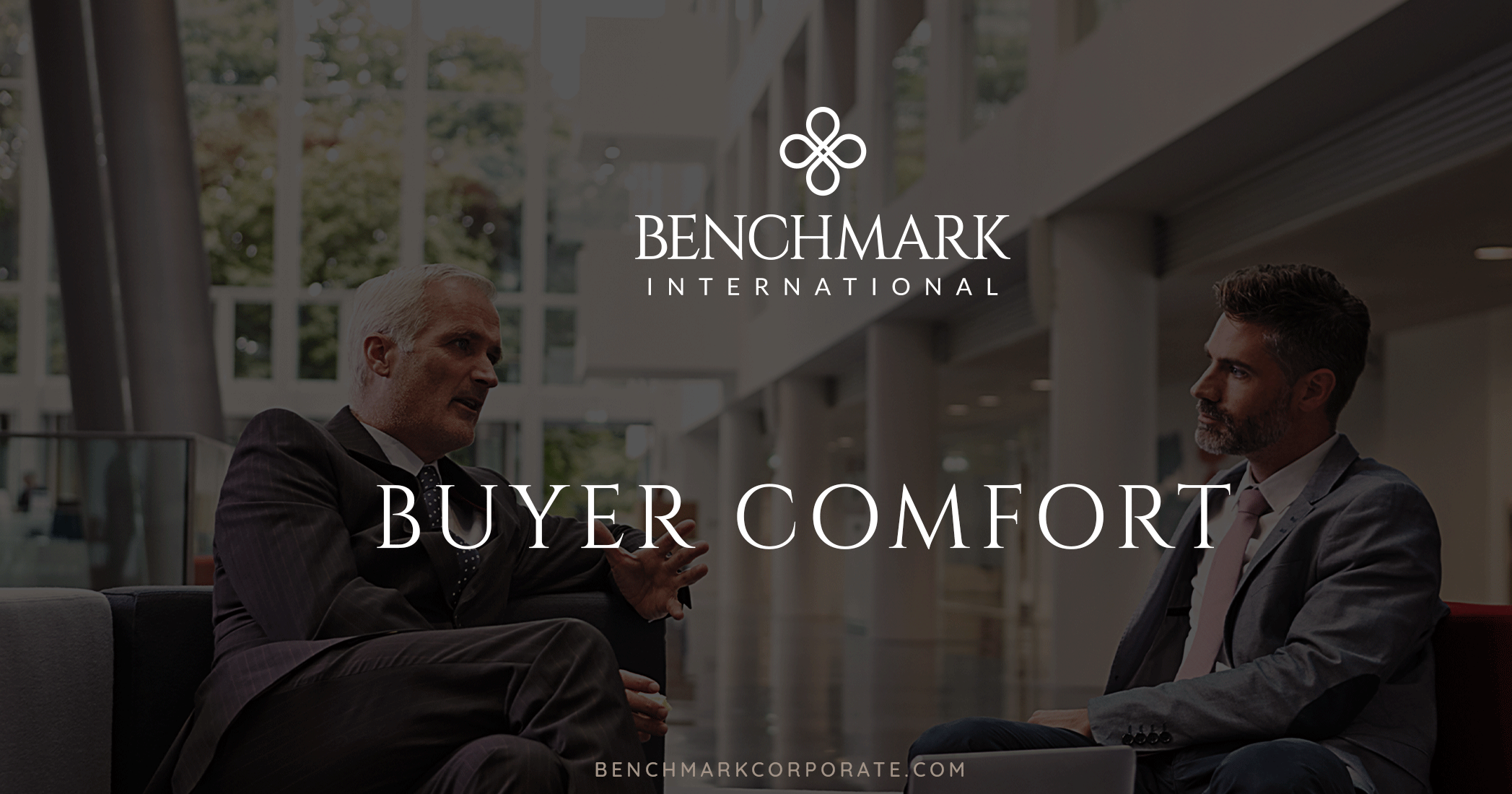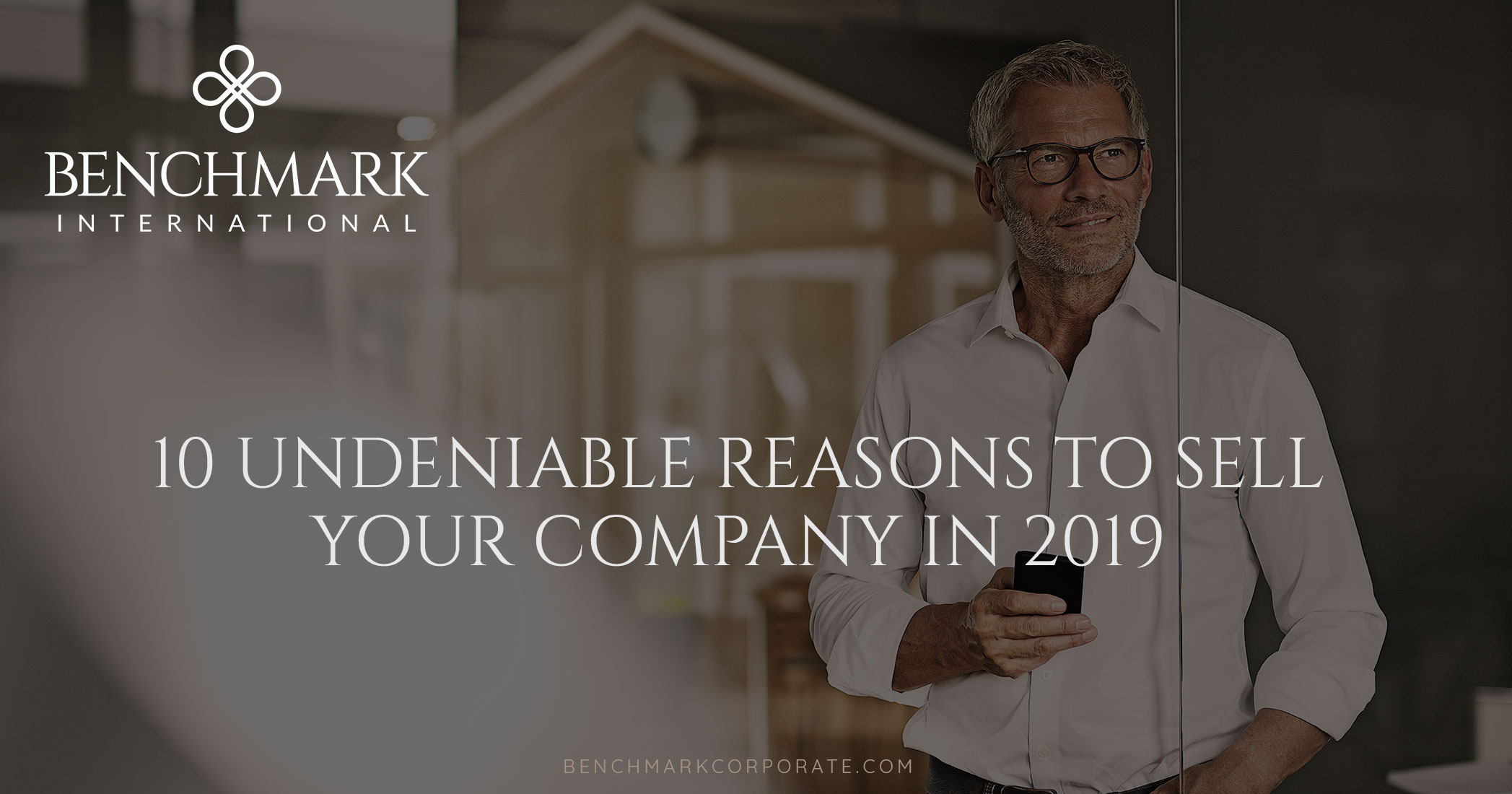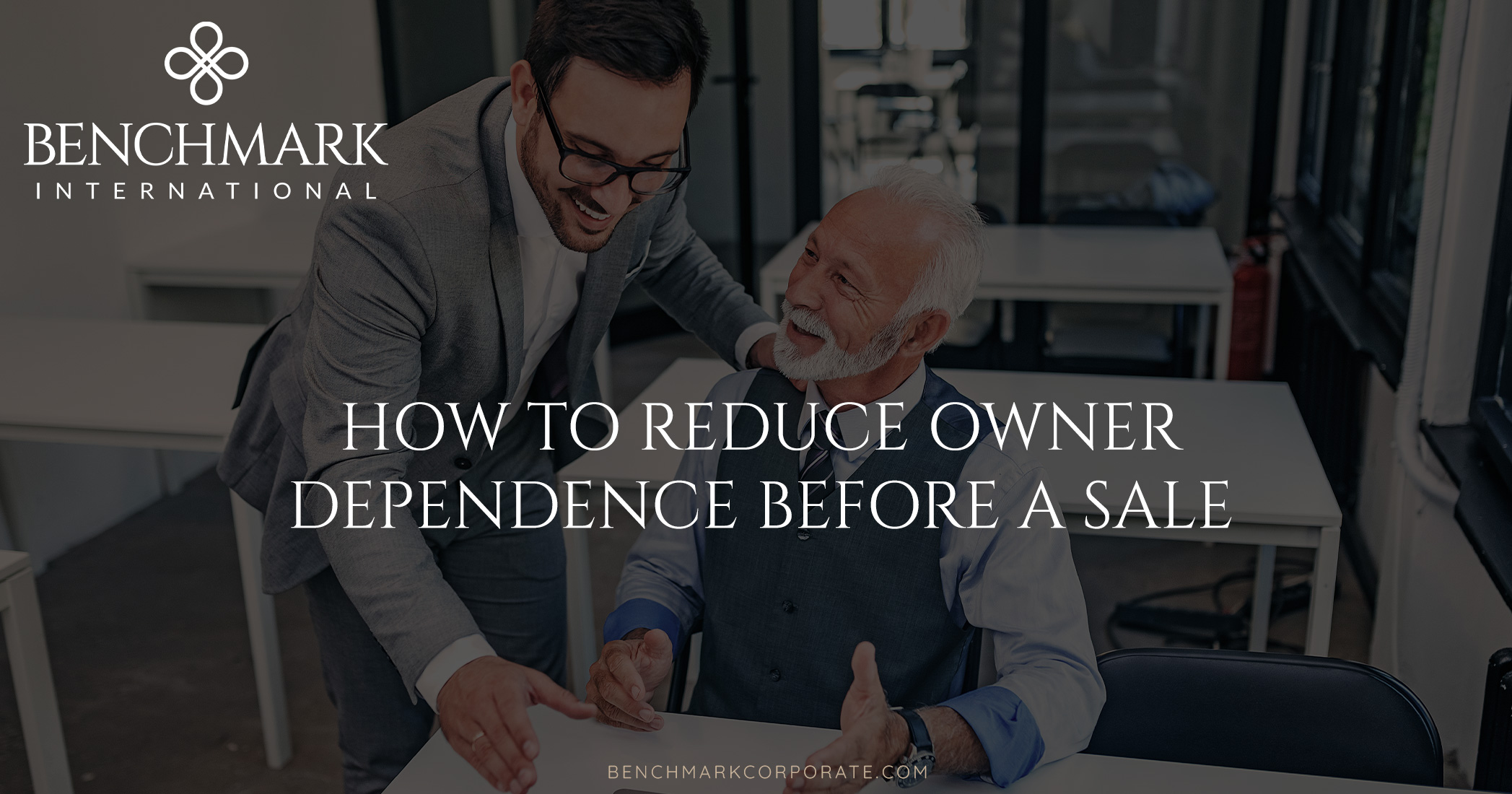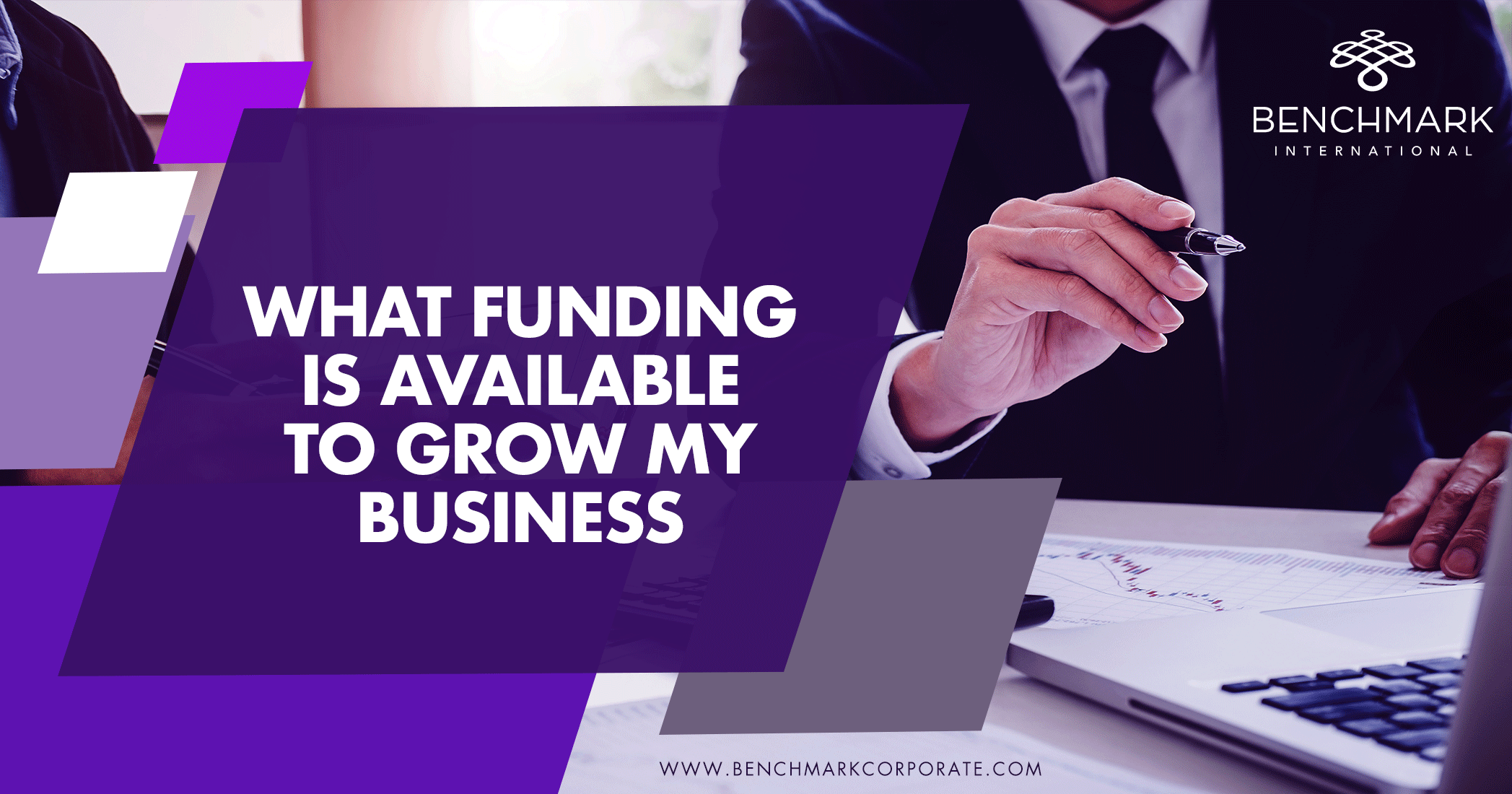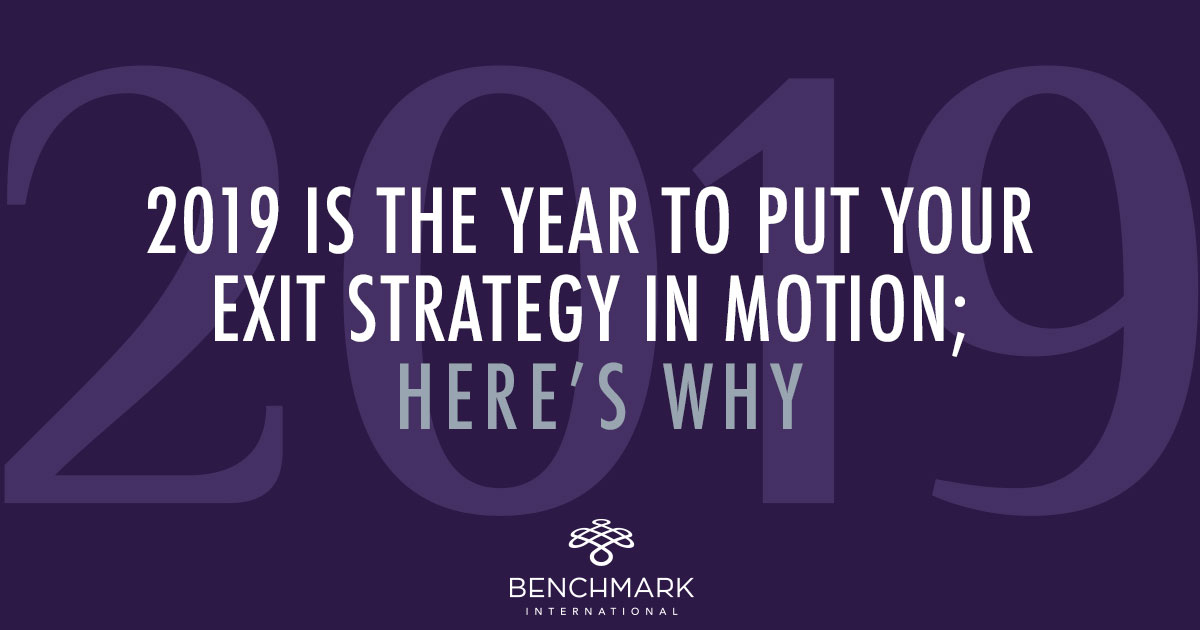Buyers tend to assuage their discomfort with deal structure. When negotiating with buyers, it is prudent for the seller, guided by a seasoned M&A Advisor, to consider what the underlying issue is, discomfort, instead of addressing the result of that discomfort, a specific deal structure. Huh, you say? Let me dive a bit deeper.
Buyers of businesses use deal structural devices to cure many issues or concerns. Let's take a second to illustrate the most typical elements of a structured deal. While the following encompasses the most common deal structures, it is, by no means comprehensive.
Cash at the closing table is obvious and needs no further illustration. A seller note or seller financing is also fairly simple. The seller essentially serves as a lender to the buyer. The attorneys draft a promissory note, perhaps a stock pledge agreement and incorporate them and potentially other documents in the definitive agreements. The buyer pays off the principal of the note and interest over the course of a few years. Seller notes don't tend to be contingent upon anything other than the solvency of the entity backing the note. They are deferred. Rollover equity, often known as Seller Rollover, Rollover or simply Roll, occurs when the seller maintains a position in either the existing business or Newco. In some circumstances, a seller may sell 80% of the shares in his or her company while in another, that seller may sell 100% of the shares in her business and simultaneously reinvest what amounts to 20% of the proceeds in Newco. This is generally a cashless exercise. It is critical for the seller to engage seasoned advisors to assist in structuring the rollover in the most tax-efficient manner. The final typical structural element of a deal is an Earnout. Where the seller note isn't contingent upon performance, an earnout is. Earnouts pay out a prescribed dollar amount over time as certain agreed upon and defined metrics are achieved. While these tend to be quantitative metrics like EBITDA and Revenue, they can also be tied to qualitative measures like maintaining key customers or employees or integrating technology. In addition, earnouts can be tied to maintenance or growth.

As I hinted at earlier, buyers use these structures to cure their apprehension. What is behind that discomfort or apprehension? Many things but at the heart of most of those is the oft-cited, yet misunderstood concept, risk. Risk, in a business context, is the chance for an unanticipated outcome. Risk can be specific to a business, to an industry, to geography or more global. Risk isn't inherently bad, thus the risk/reward model, but it needs to be accounted for in decision making. Buyers, in their initial diligence, aim to understand the underlying risks and determine their tolerance for said risks. When structuring an offer, they seek to allocate and incorporate those risks.
Some buyers seek out businesses that are very easy for them to understand, have very predictable financial performance and robust operational teams. Those types of businesses, if proper controls are also present, will garner simple offers with a high percentage of the deal in the form of cash. This is a low-risk deal. A business with more volatile performance introduces incremental risk. A buyer may still be interested in the business but may shift cash at close to an earnout. If the business is growing rapidly, but that growth hasn't been consolidated in the buyer's eyes, that earnout may be linked to the growth of earnings or revenue. Perhaps the buyer will apply a three-year average to EBITDA to incorporate the volatility into the valuation. If the seller wants to be paid on the recent growth, a buyer may use an earnout to bridge the valuation gap. A buyer willing to pay 5x EBITDA in an all-cash deal may pay 8x or more if allowed to incorporate structure, thereby mitigating their risk.
If the seller is adamant that he or she won't accept an earnout, it behooves an M&A advisor to dig deeper into where the actual buyer's discomfort lies. Rather than fighting the earnout, might it be a better strategy to uncover the underlying issue and solving that? The earnout is the solution, not the problem. Why might a buyer incorporate an earnout? There are several possible reasons; 1. Earns reduce the cash required to close the deal. 2. They create alignment between buyer and seller post-close, thereby ensuring the seller continues to act like an owner even when he longer is an owner. 3. They confirm their diligence. Can these concerns be addressed in other ways? Of course, they can. If the earnout is moved to a seller note, no additional cash at close is required of the buyer to fund the deal. Both two and three can be addressed through a seller roll. If the buyer wants to ensure the seller acts like an owner, make him an owner. Rollover allocates some of the risks to the seller in both an earnout and rollover equity. Perhaps an employment contract signed by key employees would provide the buyer some comfort? Many deals incorporate an options pool, Management Incentive Program (MIP) or Profits Interest as additional ways to create alignment post-close.
The central idea is this. Rather than focusing all of your attention on the proposed structure of a deal, attempt to think through the concerns the buyer is trying to sooth with that deal structure. Solving for the actual underlying problem rather than the buyer's proposed solution may lead to better outcomes for both parties.
 Benchmark International
Benchmark International  Benchmark International
Benchmark International 
